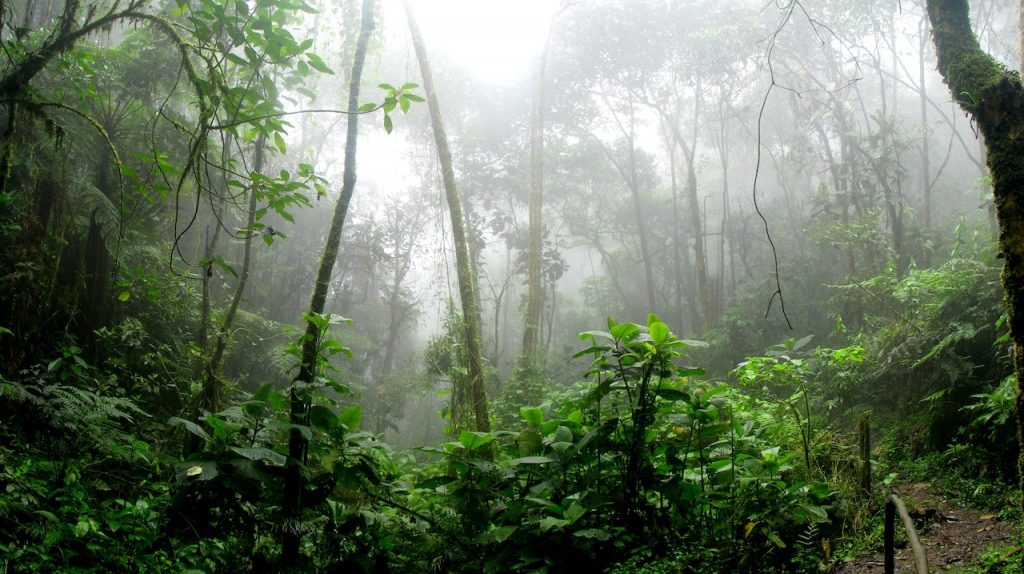Última actualización en junio 1, 2023 por Ecologica Life
En la cumbre climática de la ONU de este año, los líderes mundiales hicieron acto de presencia, los ejecutivos de las empresas presentaron propuestas y casi 200 países negociaron sobre el futuro del planeta. A continuación se recogen las conclusiones de las dos semanas de reunión de la COP27 en Egipto:
La COP27 acuerda un fondo para la "justicia climática"
Tras años de oposición por parte de los gobiernos ricos, los países decidieron finalmente crear un fondo para compensar a las naciones en desarrollo por las "pérdidas y daños" provocados por tormentas, inundaciones, sequías e incendios forestales causados por el cambio climático.
Es probable que se necesiten varios años para perfilar los detalles del funcionamiento del fondo. Por ejemplo, cómo se distribuirá el dinero y qué países podrán optar a él. A pesar de ello, algunos lo consideran el mayor logro desde el Acuerdo de París en la COP 2015.
El combustible fósil sigue fluyendo
El acuerdo final de la COP27 ha recibido críticas por no hacer lo suficiente para reducir las emisiones que dañan el clima. Esto incluye establecer objetivos nacionales más ambiciosos y reducir la dependencia de combustibles fósiles como el carbón, el petróleo y el gas natural.
El Presidente de Emiratos Árabes Unidos, Sheikh Mohammed bin Zayed al-Nahyan -anfitrión de la cumbre sobre el clima COP28 del próximo año- declaró que su nación seguiría suministrando petróleo y gas "mientras el mundo lo necesite".
En la cumbre de este año se ha dado un giro de 180 grados en el lenguaje relativo a los combustibles fósiles. Ahora se mencionan las "energías renovables y de bajas emisiones" en el texto del acuerdo. Dado que el gas emite menos emisiones que el carbón, se cree que se trata de una importante laguna que podría permitir el desarrollo de más recursos de gas.
En los próximos 5 años, existe la posibilidad 50% de que pasaremos la temperatura de 1,5ºC en relación con la época preindustrial. En 2031, probablemente lo habremos superado definitivamente. Se trata de un gran problema para la humanidad y el planeta.
Pero en la COP27, la UE y otras naciones desarrolladas intentaron mantener vivo el compromiso de 1,5ºC. Sus esfuerzos fueron en vano porque en el texto final del acuerdo no se mencionaba la eliminación progresiva de todos los combustibles fósiles. Esto se consideró el siguiente paso lógico tras la decisión de reducir progresivamente el uso del carbón en la COP26.
La fe en el umbral de 1,5ºC también se ha convertido en una diferencia clave entre EE.UU., la UE y otras naciones desarrolladas, y China, que está notablemente menos preocupada por el objetivo. Es de esperar que en la próxima cumbre climática COP28 se produzca por fin el abandono progresivo de los combustibles fósiles que tan desesperadamente necesitamos.
La COP27 recibe grandes anuncios de Brasil

La multitud vitoreó a Luiz Inácio Lula da Silva cuando proclamó que "Brasil ha vuelto" a la lucha mundial contra el cambio climático. Prometió que la región amazónica acogería la COP30 en 2025. Esta fue la primera visita internacional del líder izquierdista desde que derrotó al presidente derechista Jair Bolsonaro en las elecciones presidenciales del país el mes pasado. Bolsonaro presidió la destrucción en curso de la selva amazónica y se negó a acoger la cumbre del clima de 2019 que estaba programada originalmente para Brasil.
El lunes, Brasil también puso en marcha una asociación para colaborar en la conservación de los bosques, uniéndose así a Indonesia y la República Democrática del Congo. La asociación trilateral se creó a lo largo de diez años de debates intermitentes que persistieron incluso cuando las políticas forestales nacionales y los liderazgos de los países cambiaron. Se espera que presionen a las naciones ricas para que paguen por la protección de los bosques.
Reavivamiento de las relaciones entre EE.UU. y China
Lejos de Egipto, tuvo lugar un precursor crucial del acuerdo sobre el clima. Cuando la COP27 iniciaba su segunda semana, los Presidentes Xi Jinping, de China, y Joe Biden, de Estados Unidos, se reunieron en Indonesia con motivo del G20. Ambos países decidieron reanudar su colaboración en materia de cambio climático tras una larga pausa provocada por las tensiones en torno a Taiwán. Se trata de un avance importante, ya que China y Estados Unidos son los dos mayores emisores de gases de efecto invernadero del mundo.

Una súplica desesperada de Tuvalu a la COP27
La semana pasada, Simon Kofe, presidente de Tuvalu, un país insular del Pacífico envió un mensaje importante a la cumbre del clima COP27. Kofe es bien conocido por enviar mensajes impactantes. Durante la COP26 se dirigió a la conferencia de pie en el agua hasta las rodillas. La razón de estos mensajes un tanto dramáticos es que Tuvalu ya sufre consecuencias medioambientales extremas. La isla sufre simultáneamente la sequía y la subida del nivel del mar. Durante su mensaje en la COP27, Kofe propuso un plan para subir Tuvalu al metaverso para preservarlo. Su mensaje fue claro: si no tomamos ahora medidas drásticas contra el cambio climático, Tuvalu será uno de los primeros países, pero no el último, en sufrir una catástrofe climática.
¿Qué opina de este artículo? Déjanos una sugerencia